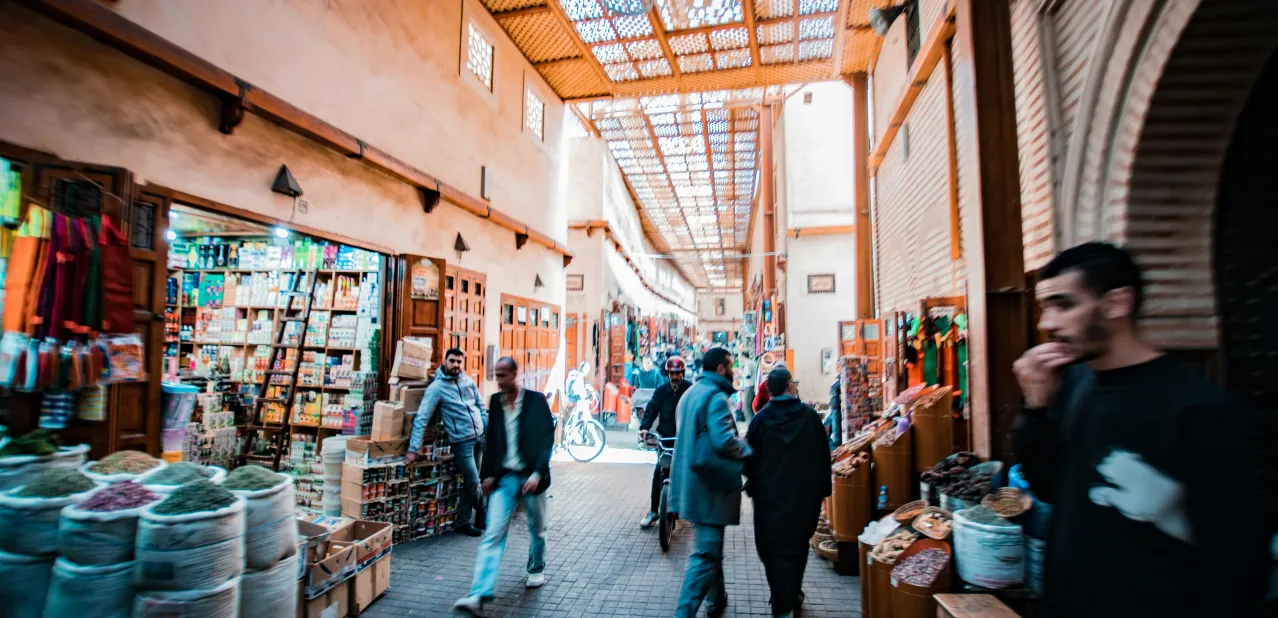How tourism can empower local communities

As tourists flock to popular destinations, the benefits do not always reach the local residents or are only felt by a few. Consider tropical islands where tourists primarily stay in international hotels, leaving local entrepreneurs and the wider community with little benefit. A new report presents forty concrete actions to help destinations distribute the benefits of tourism more fairly. The report was created by the Travel Foundation, with significant contributions from NHL Stenden's ETFI and the CELTH partnership.
Tourism as a public good
Although the tourism sector continues to grow worldwide, the benefits often accrue only to large, international companies, concentrate in the hands of a few powerful players, or in certain areas of a destination. While tourists enjoy all that a destination has to offer, residents sometimes only experience the negative consequences, such as overcrowding and rising house prices. The report, Creating equitable destinations: How to manage and distribute tourism’s value to better serve communities, emphasises that more must be done to ensure that the benefits that tourism brings to destinations are shared equitable across communities.
Forty actions for fair tourism
How can we ensure that the benefits are shared equitably? The report provides destination management and similar organizations with a clear roadmap and practical recommendations that cover a wide range of actions such as:
- Taxation, revenue sharing and funding models: Through tax programmes and revenue sharing, tourist income can be reinvested locally, for instance, via tourist taxes that are used for projects such as infrastructure improvements and housing.
- Encouraging local entrepreneurship: By supporting business incubation and training programmes, local entrepreneurs can better benefit from tourism. In South Africa, such programmes have already led to growth in small businesses within the tourism sector.
- Market control and regulatory instruments: such as licensing, ethical supply chain practices, pricing models or access regulations and zoning practices
- Tourism products that enhance local culture and nature: By developing tourist experiences that centre around local culture and nature, such as ecotourism in Costa Rica, not only is a unique experience created for travellers, but also lasting benefits for the community.
- Collaborating with local residents: One of the key lessons from the report is that destination managers need to work more closely with local communities and the wider ecosystem to understand their needs and ensure that tourism genuinely benefits them.
These are only five of forty actions that provide a clear pathway towards a fairer tourism system that benefits both travellers and local populations.
Collaborating for change
Most of the mechanisms discussed in the report require multi-stakeholder collaboration and are based on the principles of participation. According to lead author Bernadett Papp (Senior Researcher at ETFI, NHL Stenden), collaboration is essential to effect change. “This report is essentially a roadmap for an equity-driven management approach. You start by identifying the broader community goals that are high on the destination’s agenda and the related inequities, then identify in what way tourism can support these broader societal goals. Review the evidence-based mechanisms and real-world case study examples we have gathered and consider our practical guidance on implementation and measuring impact, before deciding what might work in your context.”
The report is a joint effort of NHL Stenden’s ETFI, Breda University and HZ University of Applied Sciences, the Centre of Expertise in Leisure, Tourism and Hospitality, the Travel Foundation, Destination Think and the Netherlands Board of Tourism and Conventions.





